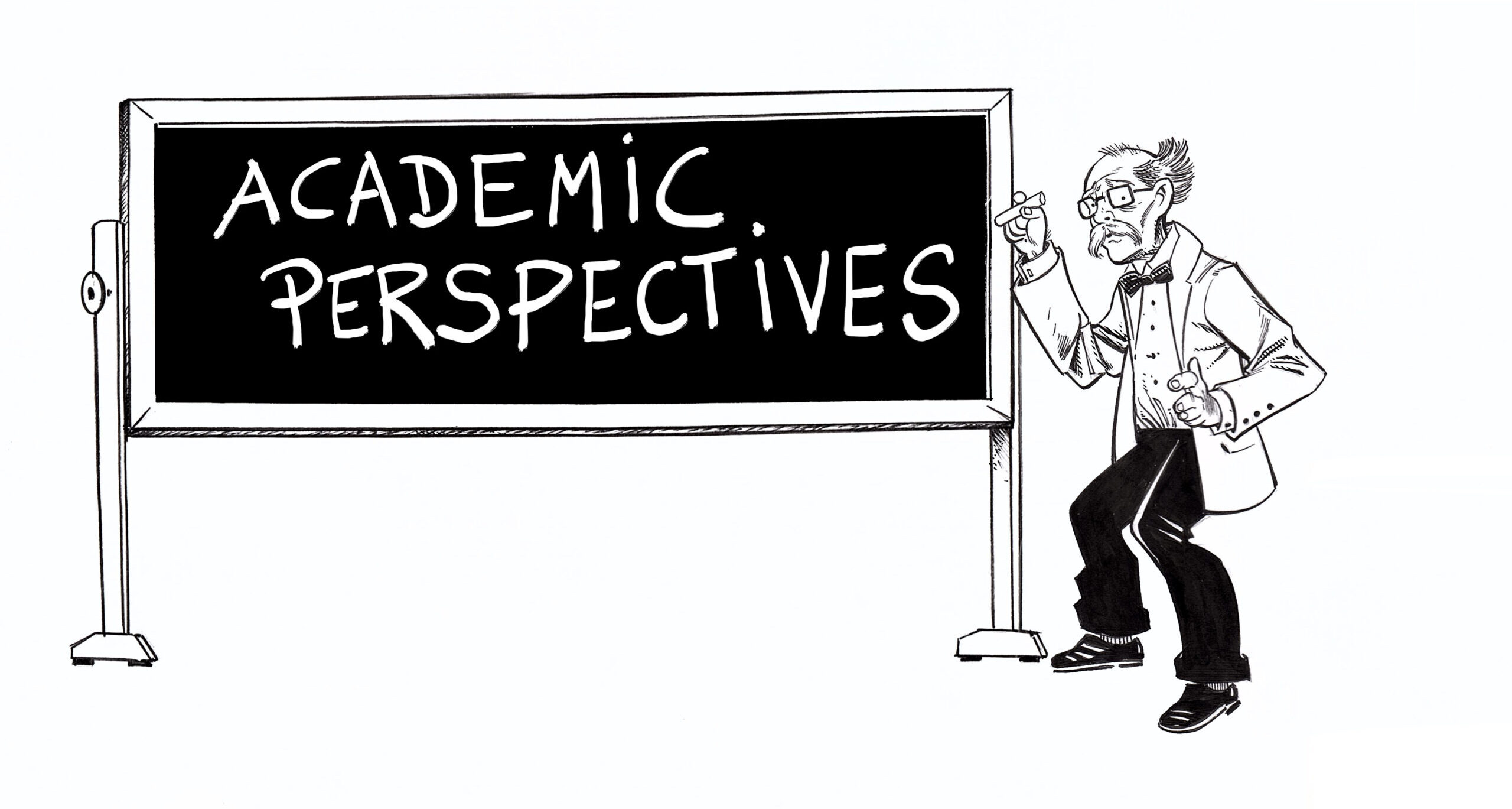Original study by Sebastian Zwalf
PPPs have become an important part of the infrastructure programs of governments worldwide. Yet, despite their widespread use, PPP scholars have generally been sceptical. This paper explores this apparent contradiction. The data for this study is drawn from Australia where PPPs have been extensively adopted since the 1980s.
The paper asks the following interesting questions: what do politicians think of the apparent criticisms and shortcomings of PPPs; are they aware of these criticisms; and if so, do they care; or are they aware and simply see them as a low-priority?


